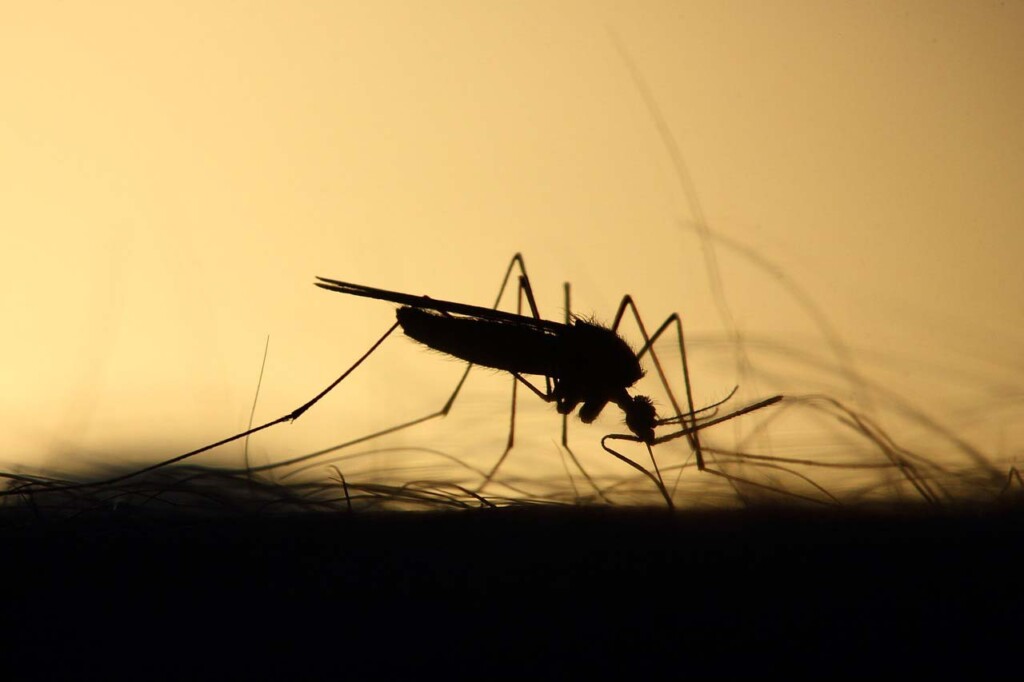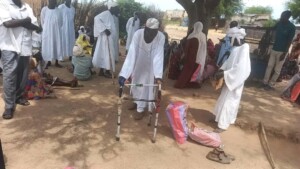Sudan doctors blame Ministry of Health for dengue spread

Mosquitoes are the main vectors for dengue fever (File photo: CC / Emphyrio via Pixabay)
KHARTOUM –
A member in the United Doctors’ Office in Sudan attributed the dengue fever epidemic in Khartoum and other states to the Ministry of Health’s failure in stemming the spread with “sound scientific methods”.
In an interview with Radio Dabanga, medical doctor Alaa Nugud stated that the ministry’s announcement of the first wave of the epidemic that began last year, as well as their actions in closing certain areas off to contain the spread, was far too late.
According to him, the only reason the ministry took any steps in announcing the fever’s emergence in the fist place, was due to the news that had surfaced of dengue-related deaths in Khartoum.
As well as the poorly timed announcement and cordoning-off of fever stricken areas, Nugud stated that the doctor’s strike and lack of available blood bags was another serious issue that exacerbated the epidemic. He added that the ministry should have done more in the way of funding an awareness campaign.
The Higher Committee for Health Emergencies in Khartoum earlier announced a state of alert and mobilisation of support from all capable states and partners, to contain dengue fever in the capital.
Khartoum and El Gedaref
Sudan’s acting Minister of Health, Haisam Ibrahim, announced earlier this month that *dengue fever had emerged in the Khartoum and El Gedaref for the first time, noting that two separate deaths from symptoms related to dengue fever, also referred to as haemorrhagic fever, were recorded in both locations.
At a press conference held in Khartoum on February 23, the minister stated that Khartoum had recorded 110 confirmed cases and 169 suspected cases, while El Gedaref had recorded 59 confirmed cases and 80 suspected cases.
Ibrahim stated that 109 cases cases were confirmed in Omdurman: 104 cases in Ombadda and five in Karari.
He emphasised that the cases had nothing to do with *Rift Valley fever, which affects animals.
Haisam pointed out that entomological surveys confirmed the presence of vector-borne mosquitoes in most states, attributing the extensive spread of the disease to the “cessation of routine operations related to disease control during the last three years”, as a result of Sudan’s economic, political, and security conditions.
*Severe forms of dengue fever, also called dengue haemorrhagic fevers, are severe acute viral infections, usually with a sudden onset of fever, malaise, headache, and myalgia followed by pharyngitis, vomiting, diarrhoea, skin rash, and haemorrhagic manifestations. The outcome is fatal in more than 50 percent of the cases, the World Health Organisation reports.
*Among the fevers recently recorded in Sudan are dengue fever and Rift Valley fever (RVF). Viruses that cause dengue fever are transmitted by mosquitoes. RVF can be acquired either by a mosquito bite or by direct contact with blood or tissues of infected animals (mainly sheep), including consumption of unpasteurised milk.











 and then
and then